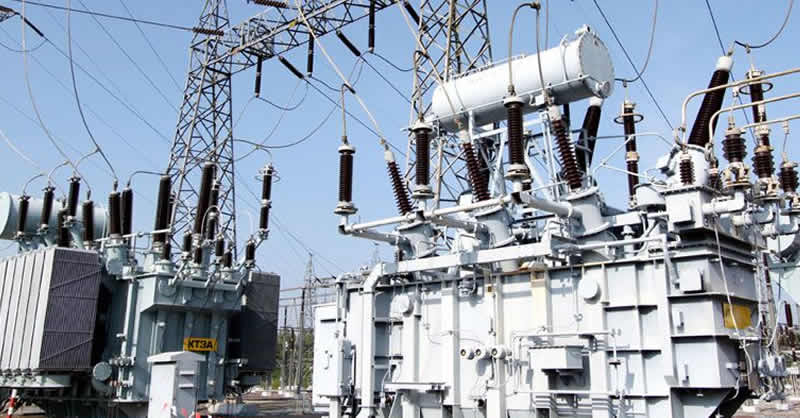
Nigeria is set to introduce a new crude oil grade, the medium-sweet Obodo, in April, marking a significant step in expanding the country’s crude oil offerings. This new grade is part of Nigeria’s ongoing strategy to diversify its crude portfolio.
As reported by Argus Media, an energy and commodity price benchmark provider, sources close to the development revealed that the Obodo grade has an API gravity of 27.65° and a sulfur content of 0.05%. It is expected to be priced similarly to Nigeria’s Bonga grade, a medium-sweet crude, though specific production details remain unavailable.
Obodo will be produced by Continental Oil & Gas, a Nigerian independent operator, from the onshore OML 150 oil block in the Niger Delta. The state-owned NNPC will be responsible for marketing the crude. Continental Oil holds a stake in the block under a production-sharing contract with the government.
This addition brings more medium-sweet crudes to Nigeria’s portfolio, joining the ranks of Forcados, Escravos, and Bonga. These grades are primarily targeted at European markets, where demand is expected to remain robust, particularly as seasonal maintenance at refineries ends in late April or early May.
However, Nigerian crude exports have faced difficulties recently, with European buyers opting for cheaper alternatives like U.S. WTI and Mediterranean grades. As the trade cycle shifts to May, several Nigerian cargoes scheduled for April are still seeking buyers.
In March, Nigeria’s upstream regulator, the Nigerian Upstream Petroleum Regulatory Commission (NUPRC), announced plans to boost the country’s liquid output by 1.07 million barrels per day by December 2026. This goal will be achieved through investments in joint ventures, production-sharing contracts, and sole risk contracts for oil blocks.
Despite these efforts, Nigeria has struggled to attract sufficient upstream investment and has fallen short of meeting its production growth targets. In February, the country’s crude output declined by 4.5%, reaching 1.47 million barrels per day, just under its OPEC+ target of 1.5 million barrels per day.
Advertisement







